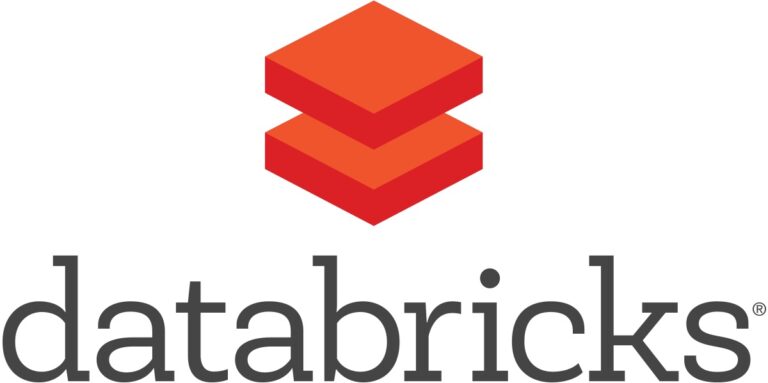
Spark originator Databricks has deepened its relationship with Microsoft, after Redmond took part in a funding round that has poured another $250m into the firm.
The latest bundle of cash brings the total amount Databricks has raised to $498.5m and values the company at $2.75bn.
CEO Ali Ghodsi said the cash would help loosen a range of bottlenecks the firm is experiencing as it races to build out and sell its services, which it sees as bridging the gap between machine learning in customers’ lines of business and the pools of data guarded by their IT departments.
Like many of the younger software upstarts you can just whip out a credit card and start using Databricks’ technology. But as more traditional enterprises look to exploit machine learning, Ghodsi say they require a more traditional infrastructure if they are going to buy and exploit the tech at a strategic level, which means more sales people, “customer success” staff, etc.
Ghodsi said this represented a 180 degree switch on its part. “Our vision was to swipe your credit card…[but] nobody’s going to swipe a credit card to spend $1m.”
Similarly, the firm wants to expand in EMEA and Asia, and recruit specialists who can help it get into vertical markets, with fintech, mass media and retail high on the list.
This will be mirrored by recruitment of more developers to bolster development of its Delta Engine and MLflow framework. As well as machine learning specialists, building out those platforms meant it had to hire techies who also understood operations, data quality and performance issues.
Ghodsi said MLflow had gained great support from the industry and was still on target to hit the v1.0 milestone in the first half of this year.
Five investors pitched in this time, including longtime backers Andreessen Horowitz, and first time investor Microsoft. Last year saw the launch of Azure Databricks, a first party integrated Azure service. Windows support is also slated in MLflow.
Databricks is also available on AWS, and Ghodsi said that in the wake of the deepening relationship with Microsoft, AWS had come to Databricks to discuss a deeper level of integration with its platform too. “I think we’re moving to a new chapter where companies have to integrate more tightly,” Ghodsi said.
Other clouds are available of course, and Ghodsi said “we hear customers talk more and more about other clouds…we will be on more clouds.” Just not yet.
According to today’s announcement, the firm now has gone from zero revenues three years ago to recurring revenues of over $100m, which Ghodsi reckons puts it “among the fastest growing enterprise software companies.
